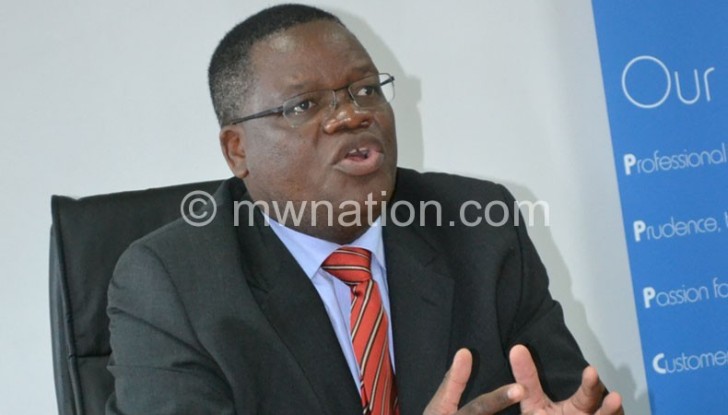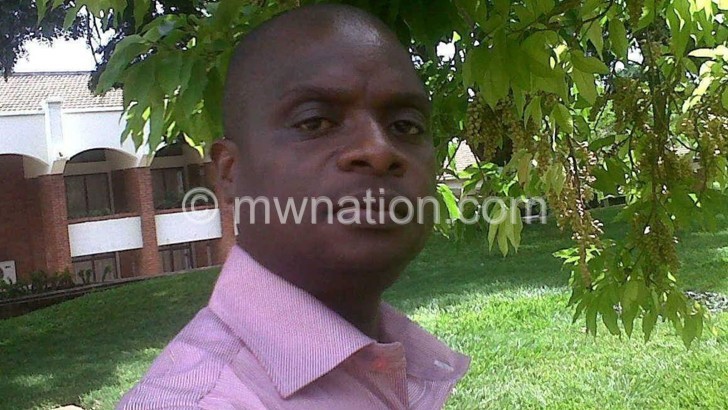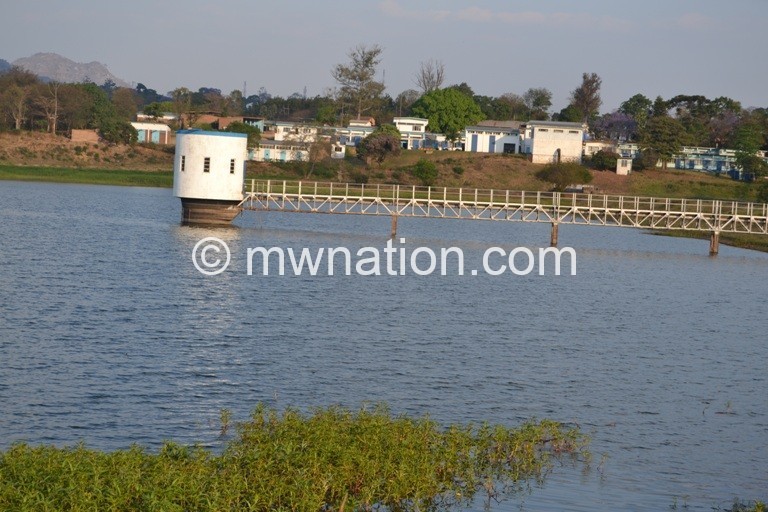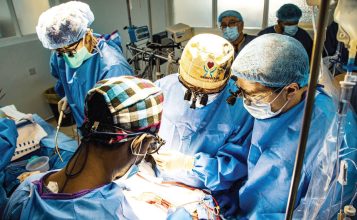New ‘PPP’ projects raise eyebrows
The Chinese will run new Malawi Government entities they are financing until their money is repaid, a paradigm shift in Beijing’s development cooperation, Weekend Nation has learnt.
While Treasury calls this approach a Public-Private Partnership (PPP), the Public-Private Partnership Commission (PPPC)—which has the mandate to facilitate such arrangements—said they are not involved in the deals being branded as PPPs.

The arrangements are government-to-government deals involving China and Malawi governments.
The new Chinese approach, according to a source at Treasury, will start with two projects—the $667 million (about K490 billion) Kamwamba Coal-Powered Plant in Neno and $250 million (about K182.5 billion) Chileka City Airport in Blantyre.
The source told Weekend Nation last week that government is working on developing this new model where Chinese firms will manage the two projects which will be established as State entities.
He said this model will be a departure from previous arrangements where Malawi Government was using the consolidated account as collateral.
The source said: “Currently, government does not commit any specific project. But this time around, special companies will be created [by Malawi Government] with the responsibility of managing and collecting revenues which will be used to pay the loans. They [projects] are being designed in the manner that the Chinese companies will manage the project before being handed over to the country.”

Since the established of ties with Beijing 10 years ago, the partnership was built on four pillars of assistance, infrastructure development, agriculture and food security, health care and education, and human resources.
However, there has been a gradual shift of aid from infrastructural grants to loan investments and concessional loans which Chinese companies are financing, and managing.
The source said since China offered to complete Taiwan-funded projects that included the $70 million (about K50 billion) Chitipa-Karonga Road in 2007 in exchange for Malawi’s recognition of ‘One China’ policy, China aid has moved to loan investments modality.
These include the $70 million national stadium, $100 million Presidential hotels and villas, $80 million Technology (Must) and $500 000 e-governance project. Malawi University of Science and
He warns that the 10-year relationship is tipping in China’s favour as through the loans, Malawi could be owing China over K1.3 trillion.
Chinese Embassy spokesperson Cui Jian Feng said the embassy had not compiled all the loans and debt provided to Malawi, referring the matter to Ministry of Finance.
But the figure could go up with other multibillion kwacha projects that President Peter Mutharika has lined up such as the 186-kilometre ring road in Blantyre, Blantyre District Hospital, rehabilitation of Chileka International Airport and new national stadium in Blantyre.
China’s contradictory policies
Economics Association of Malawi (Ecama) executive director Maleka Thula observed that China’s policies have a thin line.
“In case of Malawi, China’s non-conditionality or non-interference approach is somewhat contradictory. On one hand, China indeed does not meddle into a country’s governance and policy issues. On the other hand, China attaches conditions on where to purchase materials for projects they are supporting-almost all materials and labour force [on funded projects] is sourced from China,” he said.
Thula argues that the Chinese agenda is not development but winning diplomatic ties and strategic reasons such as expanding their trade and market for their products in developing economies.
“Malawi’s trade with China has significantly increased since establishment of diplomatic ties in December 2007. Malawi’s trade with China was 3.0 percent of total trade with rest of the World in 2007. This implies that China is imposing herself as a key strategic partner for the country.
“However, the concern is that the country is importing more from China than is exporting, implying that the increased trade, to a larger extent, reflects China’s increased market share in Malawi,” he said.
Thula emphasised that Malawi has benefited from Chinese aid and debt for the past decade in infrastructural development, however, most of the projects have been undertaken using concessional loans and not grants, meaning that future generation will have to repay the loans.
“This raises concerns of debt sustainability of the country,” he said.
Thula further explained that the model on Kamwamba Power Plant and Chileka City Airport projects was good for efficient and effective operations of the investment projects.
But a socio-economic analyst Fanwell Bokosi, said Malawi should not be in a position of choosing either loans or development assistance from the West or East.
“The choice for Malawi should be based on what are the development needs of the country and who is better placed to assist at that particular time and in what project. The notion that aid or loans from China are worse off than those from the West is wrong,” he said.
He said empirical studies have demonstrated that Chinese aid has been consistently developmental, reflecting both Malawi’s own development path and, to a lesser extent, international developmental goals and that over the years it has also been demonstrated that critics of Chinese development assistance exaggerate the differences between China and others, particularly on the issue of good governance in Malawi.
Build, operate and transfer policy
On the Kamwamba Power Plant and Chileka City Airport projects, Bokosi said the model used was of the Public Private Partnerships, a version of the build, operate and transfer (BOT).
“Under a BOT, the responsibility of the concessionaire is not limited to operation and maintenance of the infrastructure but also comprises an initial construction, upgrading or major road rehabilitation component.
“Of course, one disadvantage is that people can assume that it leaves the infrastructures in ruin after the repayment periods, however, that is then the responsibility of the Government to ensure and monitor the quality of the infrastructure during and after the construction,” he said.
But Treasury spokesperson Davis Sado dismissed any fears over China-Malawi relations saying, there was no paradigm shift on the management of loans obtained from the People’s Republic of China that government is aware of.
“What needs to be understood is that some projects will be implemented under the PPP arrangement in which some foreign companies will partner with government to implement the projects.
“Government is now pursuing a policy on PPP to spearhead some investments. One such project is the Kammwamba Power Project. Government will have majority share and a Chinese company will also have some shares as well. Thus, project implementation can be structured differently depending on perceived and assessed efficiency and effectiveness of the model,” he said.
This arrangement, however, is being managed outside the knowledge of PPPC, which is by law, mandated to manage, partnership in government entities.
In an interview, PPPC executive director Jimmy Lipunga said his organisation was not involved in the issues surrounding Kammwamba Power Plant or Chileka City Airport, and that it was not a PPP arrangement.
He said government was borrowing for the two projects through Chinese contractors that will develop the projects and control will be in government’s hands.
“If it were PPP arrangement, the operator could have been control of the projects. Instead of the operator looking for funding, in the case of Kammwamba and Chileka airport it will be government looking for funding,” Lipunga said.





